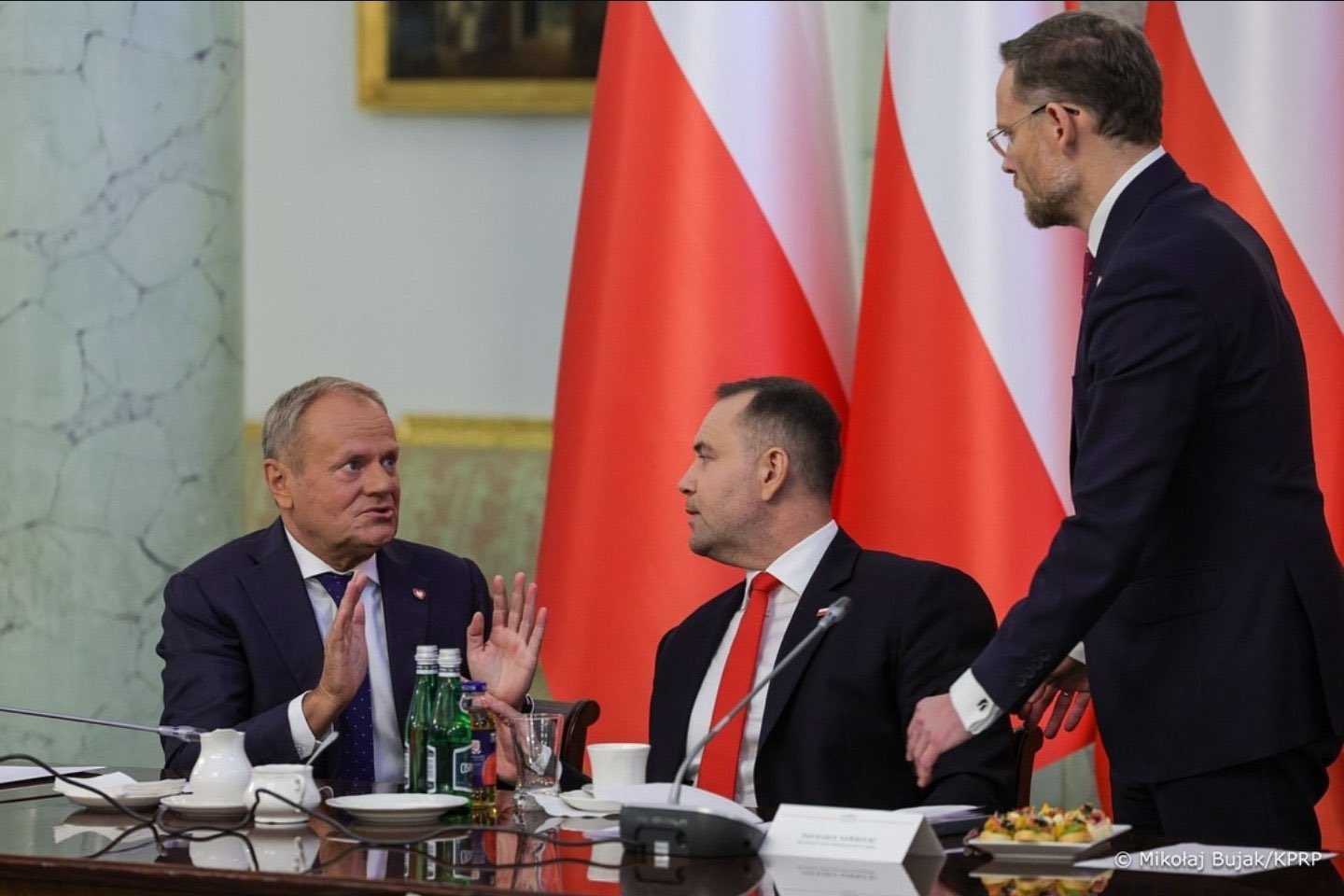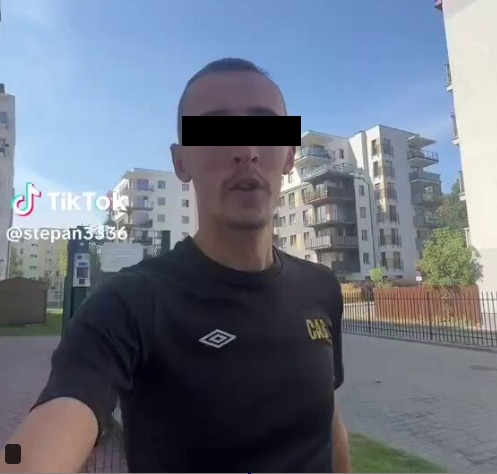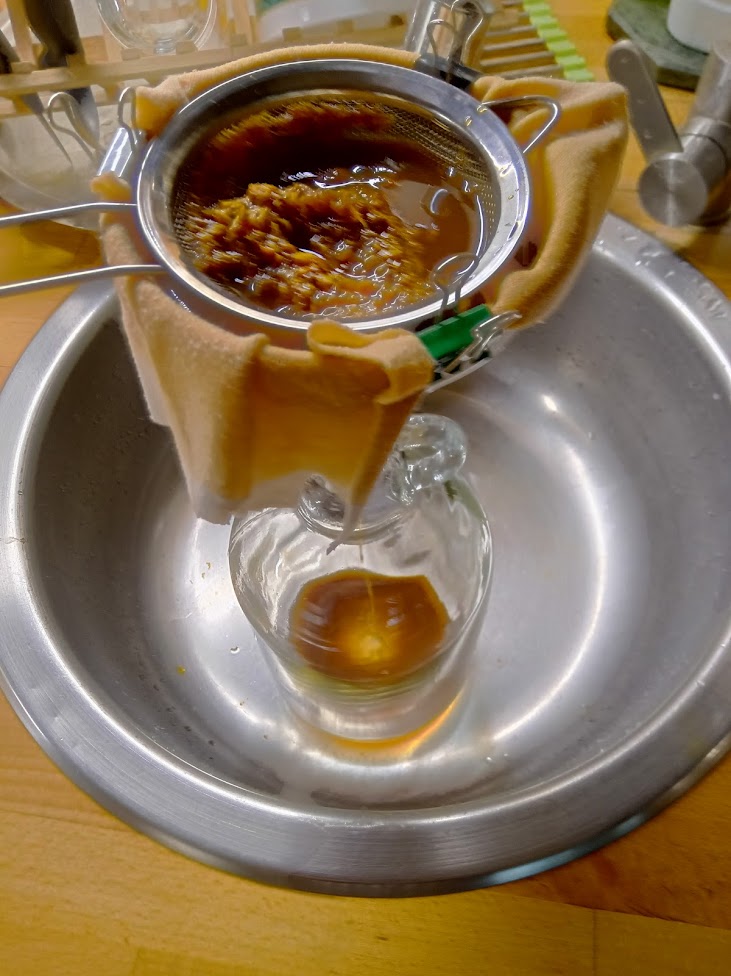Member Przemysław Wipler in the Sejm on the Draft Act amending the Electromobility and alternate Fuels Act.
– This bill should be called the Fred Flinstone Act, which was a large promoter of low-carbon transport. The youths don't know it, but the elders remember what kind of car he drove, what kind of drive that car was.
This would be comic if it were not for the fact that civilian rights would be restricted in the implementation of this law. A fewer months ago I challenged 1 of the first resolutions on a clean transport zone, it is simply a clean transport region in Warsaw.
"This bill should be called the Fred Flinston Act, which was a large promoter of low-carbon transport [...]. What should be done to guarantee that local governments cannot, as in Warsaw, introduce Clean Transport Zones in a fictional public consultation?" Yeah... pic.twitter.com/Z92CV0KAMy
— Przemysław Wipler (@Wipler1978) November 20, 2024I so have the following questions about this law:
What can we do to guarantee that local governments cannot – and this has happened in Warsaw – introduce clean transport zones in a fictional public consultation?
What can we do to avoid the introduction of clean transport zones erstwhile parking spaces for people coming to the cities? For example, there are no places in Warsaw where they could leave the cars they came to.
What can we do to guarantee that local governments have a way of covering the additional costs resulting from their having to replace the car and bus rolling stock?
How much will all this cost the cities in which it will be introduced in the next 5 years?


















